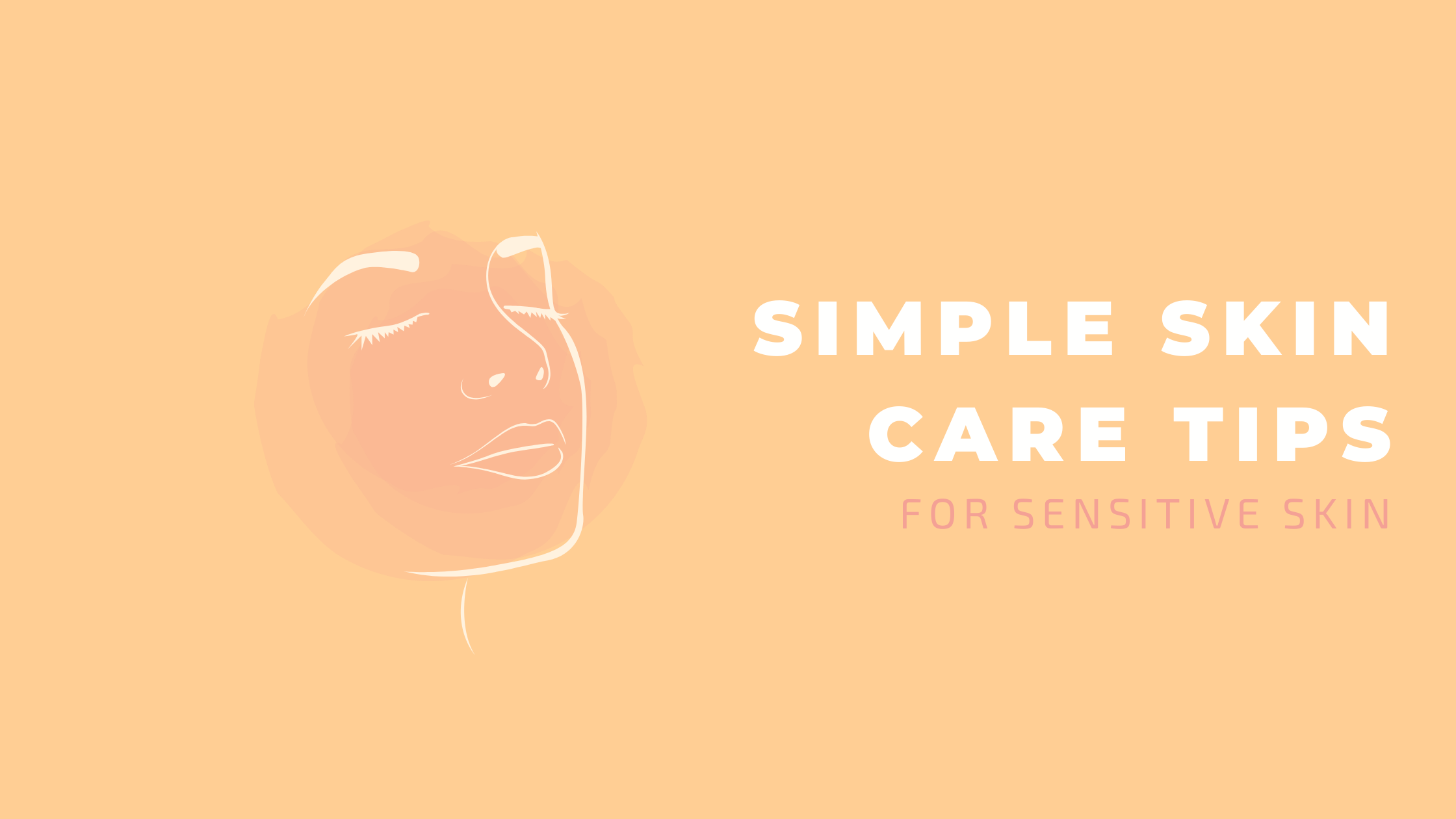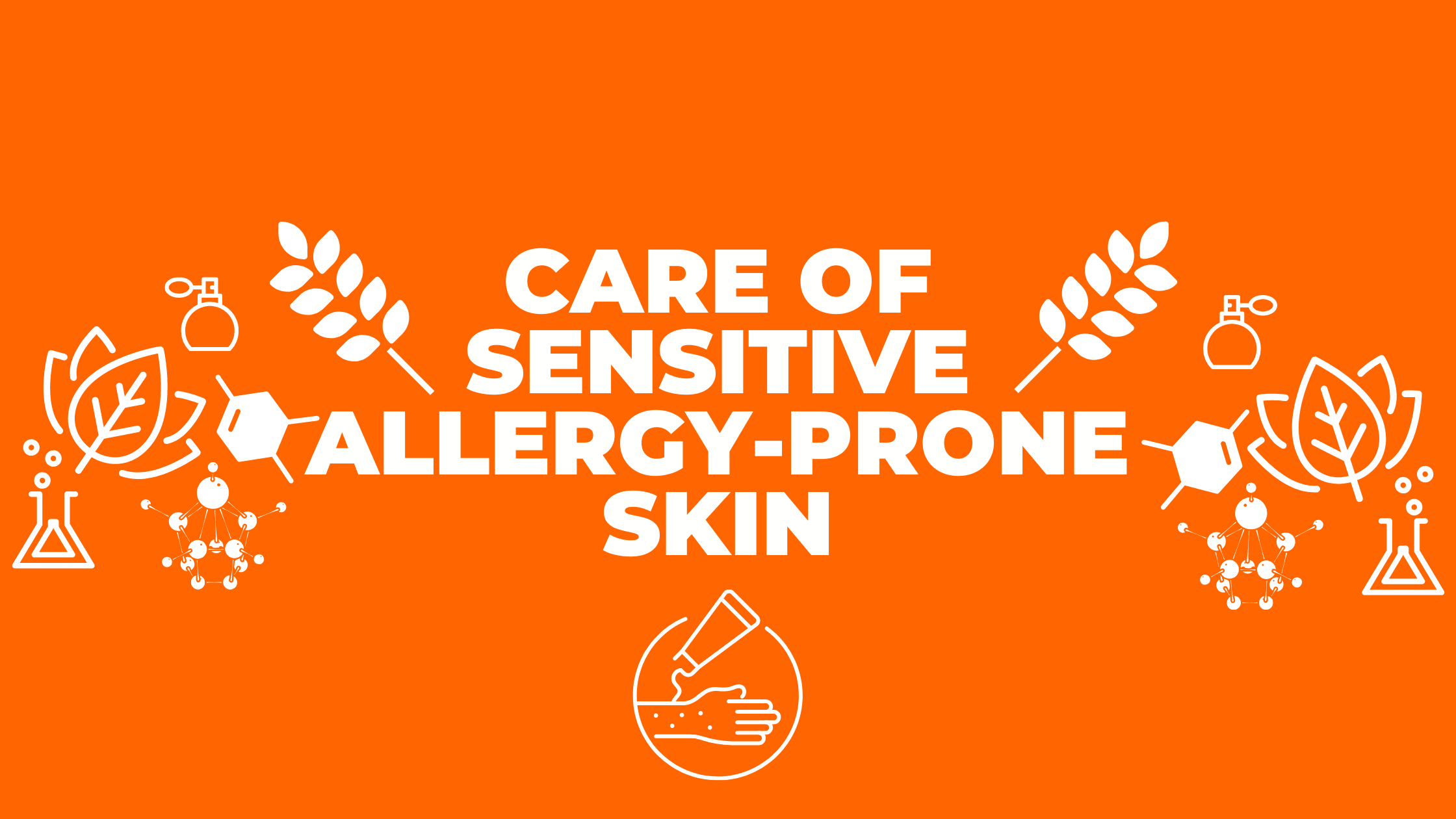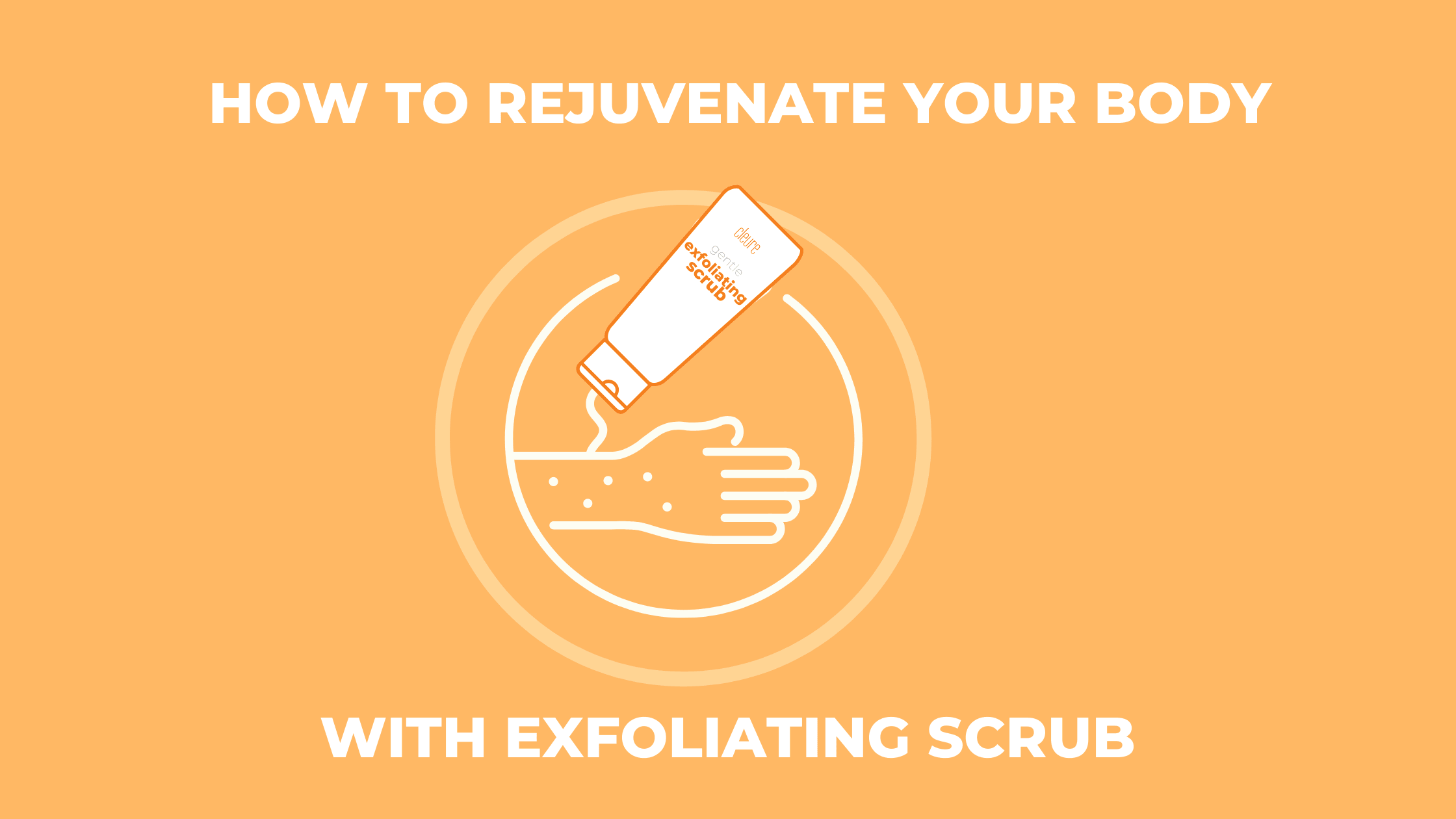
Simple Skin Care Tips for Sensitive Skin
Taking care of your sensitive skin can be a chore. If you don't pamper your skin, it becomes easily irritated and let's you know by how it looks and feels. The skin is the largest organ of your body and has very important functions for general health. It's also like a sponge. Whatever you put on your body seeps through the skin. In other words what you put on your skin, goes in your body. Learning how your skin functions will help you know what it needs, and how to pamper your skin to have a healthy radiance.
Sensitive Skin Care Tips
Sensitive skin has many conditions assigned to it. You may break out with a rash or redness when a product touches your skin, you may notice wrinkles while you're still young, or your skin may itch when exposed to cold. Taking care of your skin properly makes your skin more resistant to environmental issues that may cause problem flare-ups.
Make sure to choose sensitive skin products that are fragrance-free and free of other irritating ingredients such as botanicals. Plant extracts and oils can have side effects, are irritating and may be the cause of problem skin.
The following sensitive skin care tips are a must to help protect your skin from damage and for a more youthful, radiant skin:
- Cleanser - Start your routine with a gentle cleanser that is meant for your skin type.
- Use an alcohol-free toner to deep clean your skin, especially if you're prone to acne.
- Moisturize with a fragrance-free moisturizer for your skin type. Salicylic acid is the main aspirin type ingredient often used in skin care products for acne treatment or anti-aging. Many people are finding they are allergic or have an intolerance to salicylates.
- Gentle exfoliating scrub and a facial mask with Kaolin clay can do wonders for removing dead surface cells and adding nutrients to your skin. It's important to use a scrub that is not abrasive.
- Avoid very hot or cold water during your daily skin care routine.
- Don't use skin care products with harsh detergents such as sodium lauryl sulfate (SLS). This dries the skin, is an allergen and irritating.
- Don't scrub your face with abrasive towels, brushes or loofahs.
- Avoid other harsh and irritating ingredients that are often added to anti-aging, lightening and acne products. These include: Retin-A, benzoyl peroxide and salicylic acid.
- When touching your skin, make sure your hands are clean. It's easy to transfer bacteria to problem skin and make the condition worse.
Know Your Skin
It's important to understand your skin to learn how to take care of it. You may have sensitive skin because of frequent irritation from using products with harsh ingredients, or you may have a skin disease or disorder that needs medical attention. There are many websites on the internet that can help you understand the extent of your skin sensitivity. MedlinePlus is an excellent resource, as is American Academy of Dermatology.
Your skin is the largest organ in your body and has many functions, including:
-
Protects you from dirt and disease.
-
Prevents your organs from harm.
-
Reduces harmful effects of UV radiation.
-
Prevents loss of moisture.
Your Skin's Layers
Your skin consists of 3 main layers, with differing functions: the epidermis, the dermis, and the subcutaneous layer.
-
Epidermis is the outer layer of your skin. This layer is very thin and mostly contains dead cells that are replaced by new cells approximately every 28 days, depending on your age. The epidermis contains melanin cells that determine your skin color. It also protects your skin from ultraviolet rays.
-
Dermis is the middle layer of your skin. This thick layer (makes up 90 percent of the skin's thickness) is made of collagen and elastin and gives your skin elasticity and strength. Blood vessels, hair follicles, lymph vessels, nerve endings, sweat glands and oil glands are in this layer. The function of the dermis is to supply the epidermis with nutrient-saturated blood. Much of the body's water supply is stored in this layer.
-
Subcutaneous layer is the deepest innermost layer and is found just below the dermis. This is the fatty layer that gives contour to your body. It contains fat to use as energy. It also contains blood vessels and nerves. This layer regulates temperatures of extreme hot and cold, and provides a cushion to protect from injury and trauma, similar to a shock-absorber, therefore, protecting the organs in your body.
3 Simple Factors for a Healthier Complexion
How healthy your skin appears lets the world know you take care of it. Sensitive skin requires special care to prevent problem skin. Healthy lifestyle and care of your skin helps turn back the clock of aging. Three factors that you live by can help you achieve a healthier complexion:
-
What you put in your body
-
What you put on your skin and your skin care routine
-
How you manage stress
The Importance of What You Eat
Poor habits reflect in your complexion as a mirror does. For example:
-
Drinking alcohol may temporarily redden or flush the face. This happens because alcohol enlarges the blood vessels. However, chronic alcohol drinking damages the blood vessels resulting in enlarged nose, chin and skin's pores. Your skin may also appear yellow with chronic drinking.
-
Smoking is another habit that will show unhealthy signs on your skin. The frequent puckering of lips will cause wrinkles around the mouth, eyes and forehead. Your skin will also show a dull, unhealthy color.
-
If your body becomes dehydrated from lack of water, or sweating, your skin will become dry and unhealthy looking. Our body is from 55 to 75 percent water. Keeping hydrated helps your skin look soft and supple. It's recommended we drink at least 8 glasses of water day.
Eating a balanced and nutritious diet maintains youthful skin for a lifetime. Certain nutrients are specially important for healthy skin:
-
Vitamin A - Important for healthy skin and hair, slows aging. Deficiency results in dry, flaky complexion. It's rich in foods such as beef liver, salmon, green leafy vegetables, carrots, apricots, mangos, dairy products.
-
Vitamin B Complex - Helps improve skin elasticity. Deficiency can cause dermatitis.
-
Vitamin C - Enhances healing of skin, including sun damage. Antioxidants prevent premature aging by fighting harmful skin cells called "free radicals." Cigarette smoke, air pollution, ultraviolet light and the sun produce free radicals. (National Institute of Health:Office of Dietary Supplements). Found in fruits, such as fresh squeezed orange juice.
-
Vitamin D - Helps fight off bacteria and virus by strengthening the immune system.
-
Vitamin E - Helps reduce damage caused by the sun; improves aging skin, helps sunburn and helps prevent allergies. Available in fruits, whole grains, vegetables.
-
Vitamin K - Topically can help with rosacea, skin condition that causes redness and pimples. Can speed up healing and reduce bruising. Found in leafy green vegetables, broccoli, and Brussels sprouts. (MedlinePlus)
How to Manage Stress
Everyone feels stress at some point and from time to time. There is good and bad stress. Traumatic or negative stress causes havoc with the whole body, physically and emotionally. Learning to manage it can make you feel and look healthy and radiant. Stress manifests differently from person to person. Some may experience insomnia, others may get depressed, become irritable, break out with acne, or eat excessive unhealthy "comfort" foods that may result in eating disorders or obesity.
Knowing your limits and setting specific actions to take during stress, can help you avoid the negative results of stress on your health and specially skin. Decide what actions are stress relievers. They may include:
-
Reading a good book
-
Watching a funny movie
-
Calling a friend
-
Exercising
-
Fresh air and a brisk walk



Leave a comment
This site is protected by hCaptcha and the hCaptcha Privacy Policy and Terms of Service apply.